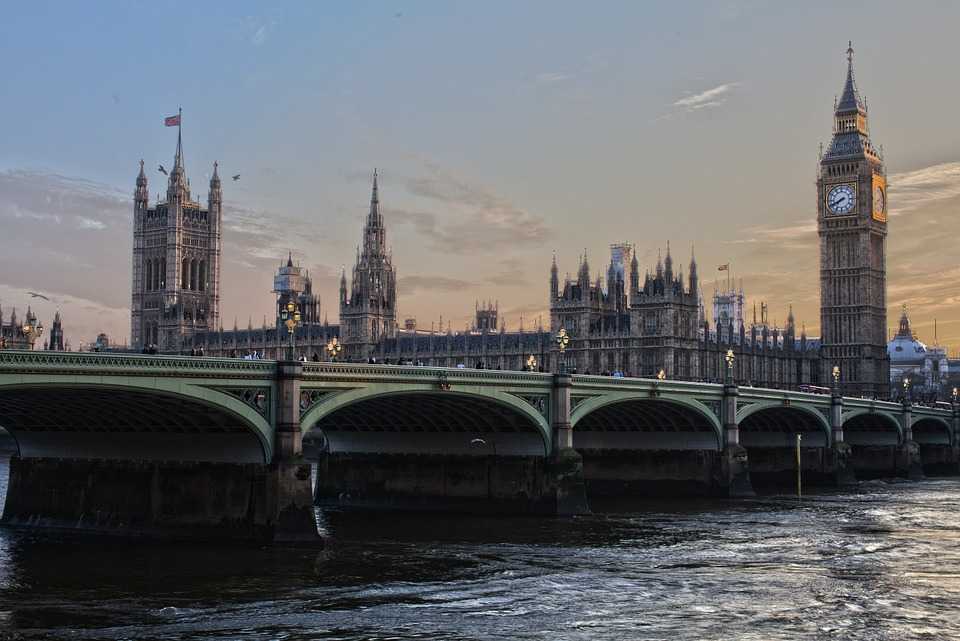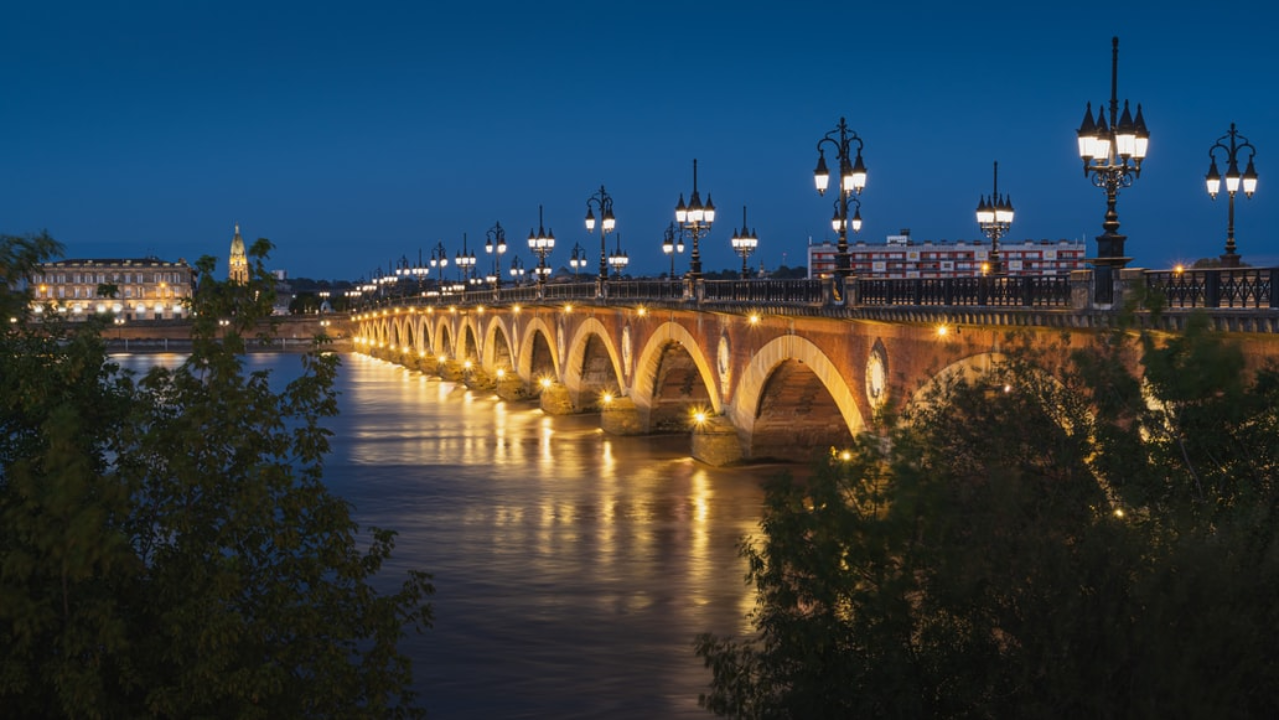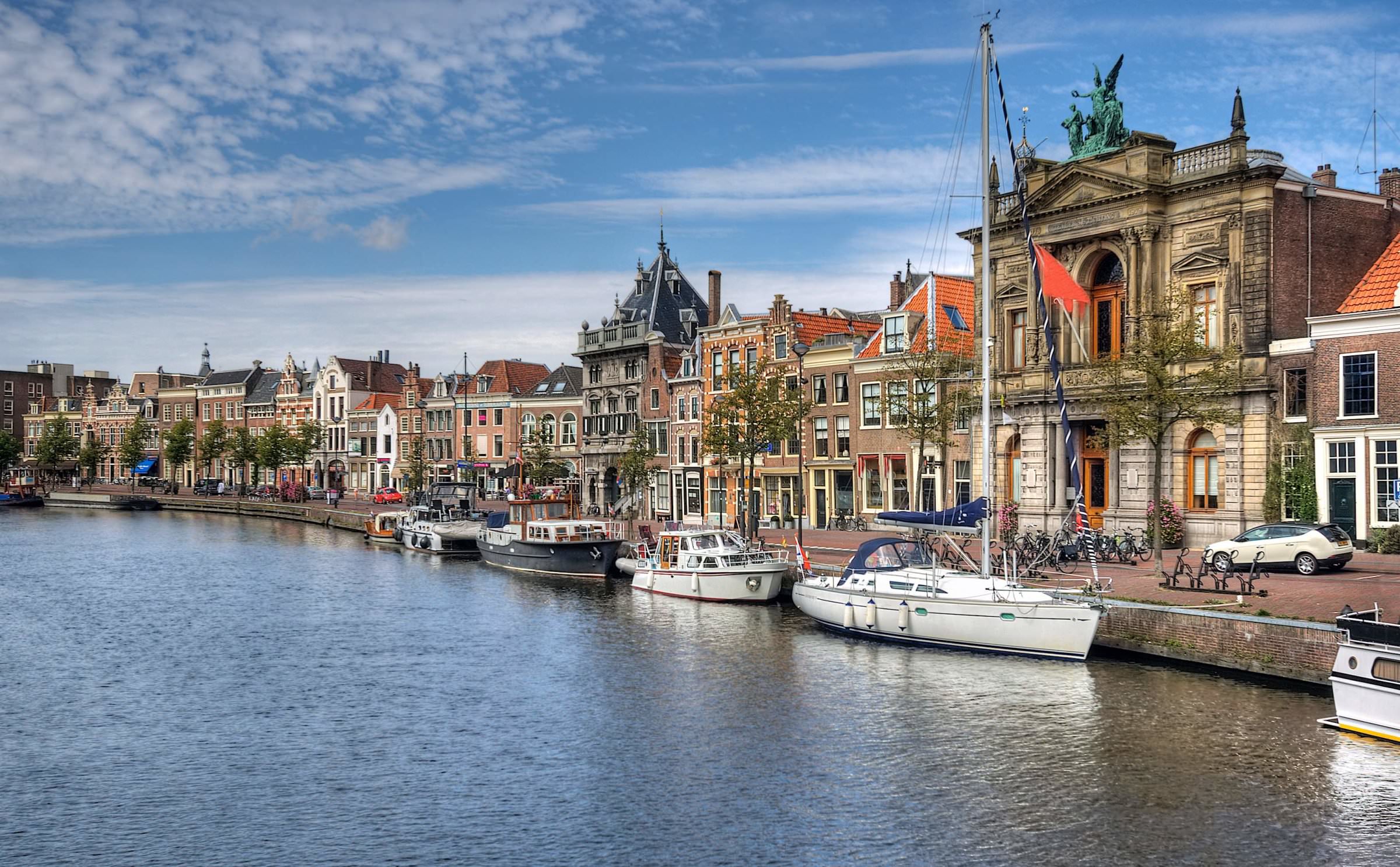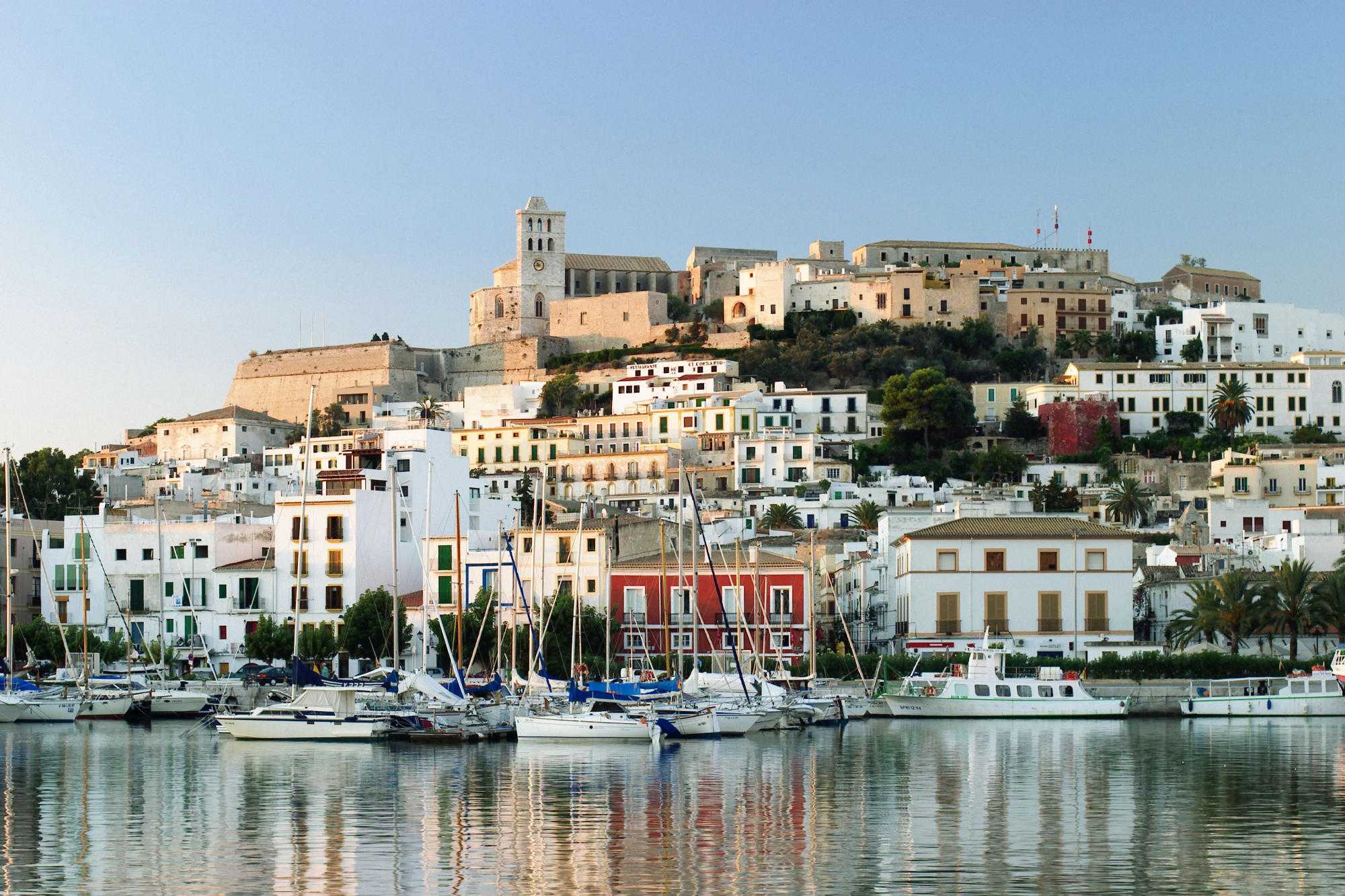Whether travel insurance covers coronavirus cancellations, what to do if you have a trip booked and more.
Travel insurance generally covers any unforeseen emergency that arises on or before your trip, from lost luggage to trip cancellation. And naturally, there’s a 60% surge in travel insurance since the first coronavirus case was recorded, a leading insurance company reports.
But does travel insurance really cover the coronavirus situation? It may not. The fear of epidemic or catching a virus is not seen by the standard insurance policy as a valid reason for cancelling your trip. Also, if you’re cancelling purely out of just fear, your policy may not cover the situation — unless you have availed the CFAR (Cancel for any reason) policy.
Check what’s covered before buying travel insurance
If you doubt you may cancel your trip for reasons beyond what’s listed by default, consider getting a policy with the CFAR option, which costs 30 – 60% more than normal insurance but guarantees 50 – 75% reimbursement of your trip. Not every traveller would qualify for availing this policy — check if you do.
Check if you really need the insurance
The global nature of coronavirus has led to major airlines and hotel chains relaxing their cancellation policies — some have even waived cancellation charges. But please note that it hugely depends on their policies. The second step would be checking if your credit card offers basic benefits provided by travel insurance, which it does, in some cases.
When does travel insurance cover coronavirus cases?
- When you’re travelling to a place where there’s an evident outbreak and the government has issued a higher level of warning against travelling to that place. Ex. China and South Korea
- Some policies have come forward to reimburse if the trip was booked before January 21, when the first coronavirus case was confirmed
- When the Ministry of Foreign Affairs advises against travelling to that particular place — most insurance companies are obliged to give even full refund in such cases
- When you feel sick before the trip or are declared less immune after proper diagnosis
- When you are evacuated from the affected place on emergency which is initiated by your own government
What if you don’t have travel insurance?
- If you made the payment using a credit card, check if it covers basic medical coverage at least, if not major. It usually does.
- Wait to hear from your government or the CDC (The Center for Disease Control and Prevention) regarding travelling to that particular place. If you don’t hear anything serious, it either means that the situation is under control or the risk is lesser.
- If you’ve decided you want to cancel the trip and travel insurance is not an option, check with your airlines and hotel for refund. They are very empathetic during these situations, so relax and try your best.
- If reimbursement is not an option, check if you can postpone your trip to a later time when the problem might be over. Or if your airlines allow re-routing, pick a place that’s not affected by the coronavirus and modify your plans.
Hope this clears the air on what travel insurance means for coronavirus. However, these facts highly vary from policy to policy and company to company. Please research carefully and choose what suits your plans. Contact your insurance providers for more accurate details and specifics.
And when you are ready, craft your holiday, your way with Pickyourtrail.
Related Itineraries

Relaxing 7 day Switzerland itinerary for the Honeymoon travellers
- Flights excluded
- 4 star accommodations
- 6 activities
- Private transfer
₹ 2,20,885
Starting price/person

London Dreams: Stay in London and wander around for 6 night stay
- Flights excluded
- 3 star accommodations
- 7 activities
- Shared transfer
₹ 1,07,442
Starting price/person

Beautiful 9 Nights France Tour Packages
- Flights excluded
- 3 star accommodations
- 6 activities
- Shared transfer
₹ 52,649
Starting price/person

Stunning 6 Nights Northern Lights Packages
- Flights excluded
- 2.5 star accommodations
- 3 activities
- Transfers excluded
₹ 64,954
Starting price/person

Fantastic 6 Nights Finland Northern Lights Tour Package
- Flights excluded
- 4 star accommodations
- 2 activities
- Shared transfer
₹ 69,369
Starting price/person

Amazing 10 Nights Netherlands Trip Package
- Flights excluded
- 2 star accommodations
- 9 activities
- Private transfer
₹ 52,895
Starting price/person

Magical 10 Nights Spain Tour Package
- Flights excluded
- 4 star accommodations
- 9 activities
- Shared transfer
₹ 1,17,742
Starting price/person

Europe Tour Packages For 6 Nights
- Flights excluded
- 4 star accommodations
- 7 activities
- Shared transfer
₹ 52,876
Starting price/person

Europe Trip Packages For 10 Nights
- Flights excluded
- 4 star accommodations
- 9 activities
- Shared transfer
₹ 73,921
Starting price/person

Romantic 8 Nights Bali and Vietnam Honeymoon Packages
- Flights included
- 4 star accommodations
- 6 activities
- Shared transfer
₹ 99,947
Starting price/person



